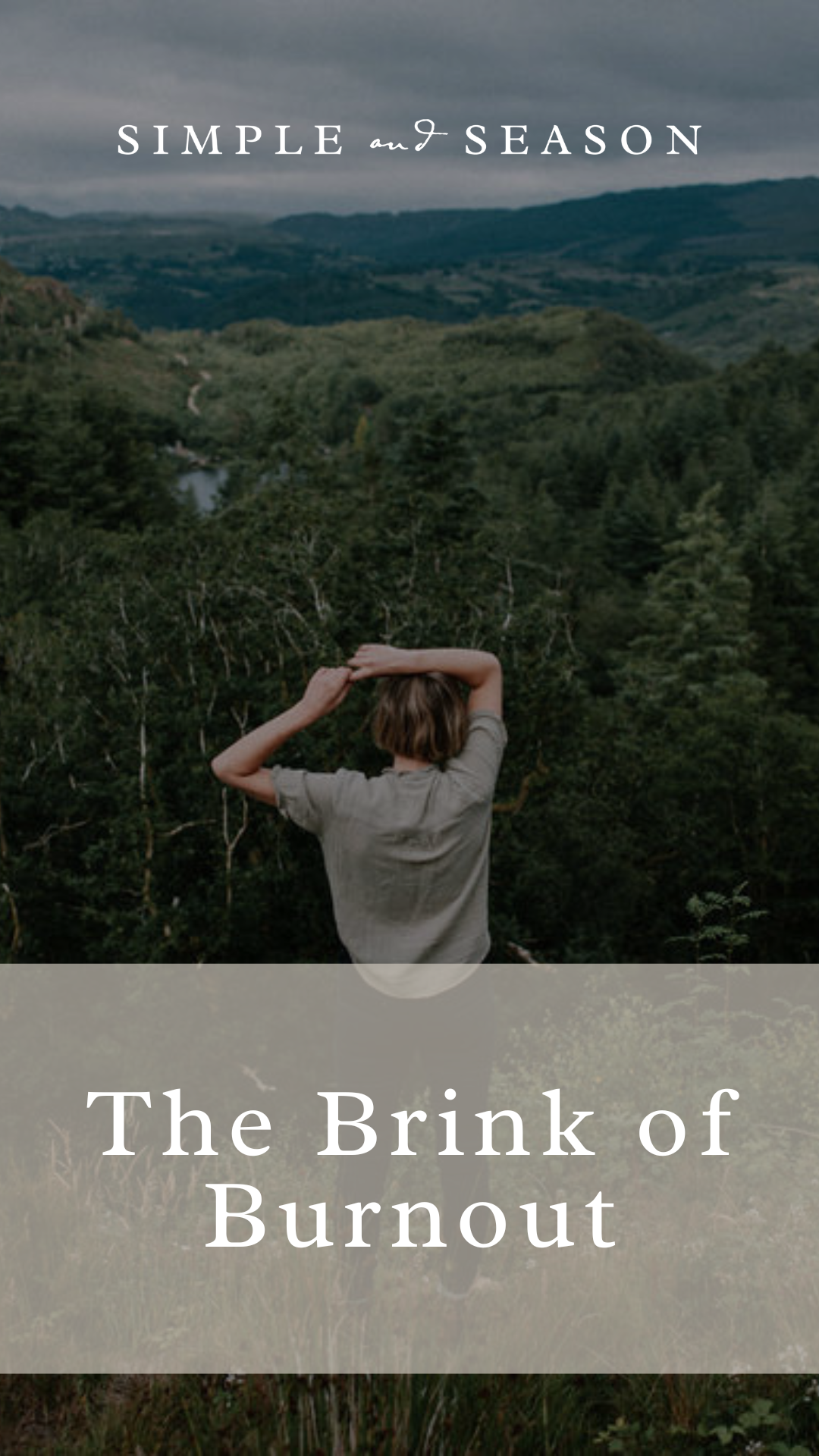The Brink of Burnout
It started with a conversation about Christmas presents. My mum asking me what I wanted and me noticing how uncomfortable the question made me feel, how a ribbon ran through my body that said I shouldn’t have anything – because I wasn’t where I wanted to be with my work, and therefore I didn’t deserve a gift.
Or maybe it didn’t start there. Maybe it started when I found myself answering every “what plans do you have this weekend?” question with “working”. Maybe it started when I went away for a long weekend with my family and worked into the night after everyone had gone to bed. Maybe it started whenever someone suggested going out somewhere and I started calculating what time I could steal to “make up” for it.
Perhaps I simply first noticed it with the Christmas presents. And then I noticed it again when I did a freewriting exercise, with the idea being to generate the bones of an essay, but everything that came out of my fingers was about how tired I was, and how lazy I was for feeling so tired. I noticed it when I felt repulsed about working on an idea I’d been excited about for months. I noticed it when I felt a block with replying to friends. I noticed it when my life began to feel like a very small room.
I had lead myself to the edge of burnout, and was now stood where the ground was going to give way and the flames were just lapping around my shins. You don’t have any clue that this is where you’re heading because at first you have lots of energy. I was working a little over time at my day job and skipping lunch to push through a project I was passionate about, and then I was planning a product in my business that I really knew would take months but I wanted to launch before Christmas in the one day a week I had to work on it. I’d relaunched the podcast, was working on Substack, on literary submissions, on client work, on showing back up.
You can always convince yourself it’s manageable until the moment it’s not. Luckily, I noticed a few steps before the falling apart stage. How did I know? In part because I have been here before and I recognise the main symptoms: isolating myself from friendships, my life feeling colourless and claustrophobic, the more-than-normal feeling of not doing enough, of trying to scrabble up a gravel cliffside but getting nowhere.
I recognised the symptoms, but mostly I have cultivated enough of a self-reflection habit in order to notice the symptoms. When I did that freewriting exercise I was able to be just enough outside of my brain to notice it was a red flag rather than accept it implicitly as true. When I even just thought about working on that product and felt repulsion, I knew that that was telling me something more than I was lazy or it wasn’t the right thing.
“I think I might be a bit burnt out” I text to a friend, and I felt relief. Relief because it was the first toe stepping backwards, the first letting go of what was keeping me at the brink. I decided to take the product idea off the table - and more relief. I looked at the writing submission windows I was aiming for and saw some would reopen in the spring - more relief. I made plans to go see an exhibition I’d wanted to go to and take two days fully off. Relief. Everything started to feel more manageable again.
It is stupidly easy to bring yourself back from the edge of that burnout. I didn’t even stop doing anything, I just stopped planning to do more. It was the weight of all those undone to do’s that dragged me to the edge, things I’d wanted to do more than I was physically capable of doing. We often end up in burnout because we’ve convinced ourselves that only more action will fix our problems, that we have to just keep going no matter what our lazy body says and so we stride on into the flames.
It feels counterintuitive, that the only way out of burnout is surrender. To accept that if you don’t change it will happen and then let go of the tasks, the plans, the expectations and start walking backwards. We don’t want to do it, because we fear going backwards more than burning out (and what does that tell us). But even just ten paces away you can look back over your shoulder and see just how close you got to disaster and, in safety, can go re-join the right path.



